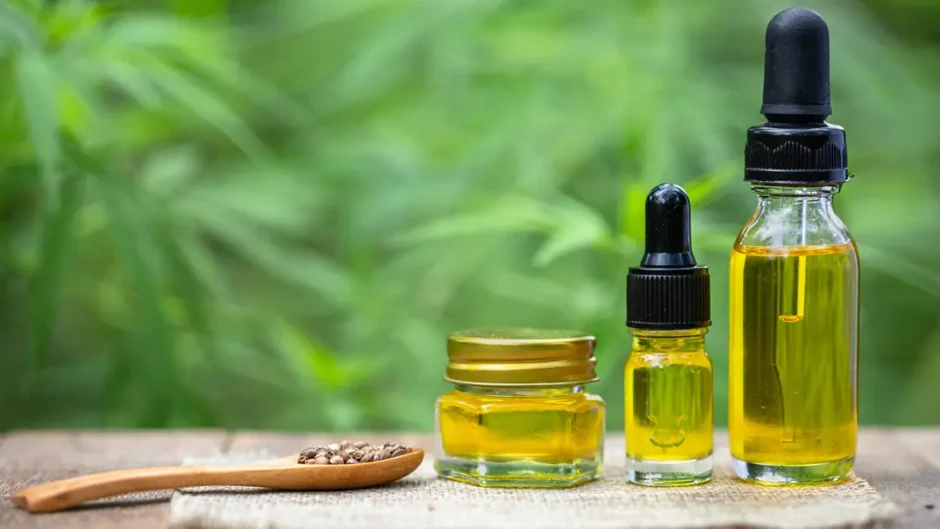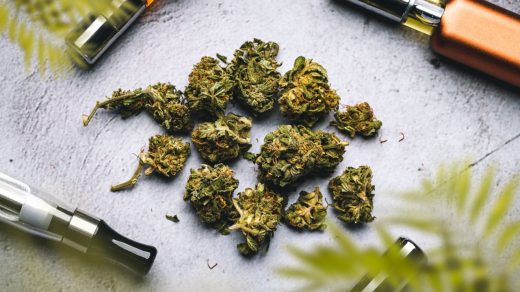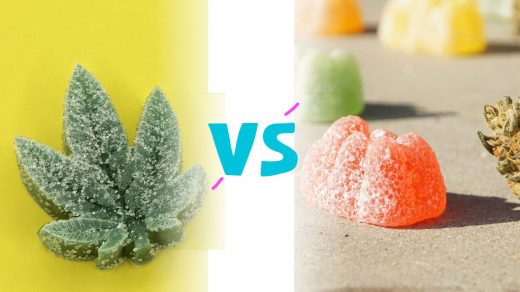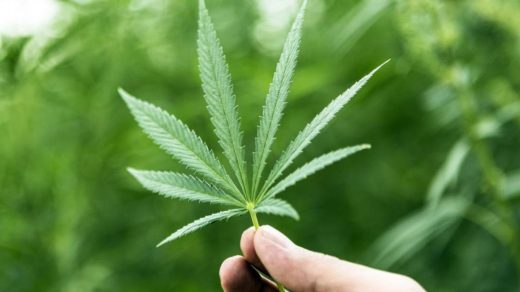In recent years, athletes have increasingly turned to CBD (cannabidiol) as a natural alternative to traditional pharmaceuticals for enhancing performance and aiding recovery. As awareness grows regarding the potential benefits of CBD in various aspects of health and wellness, athletes are exploring its effects on physical and mental well-being. Let’s take a closer look at how CBD can benefit athletes, along with the associated risks.
Benefits of CBD for Athletes
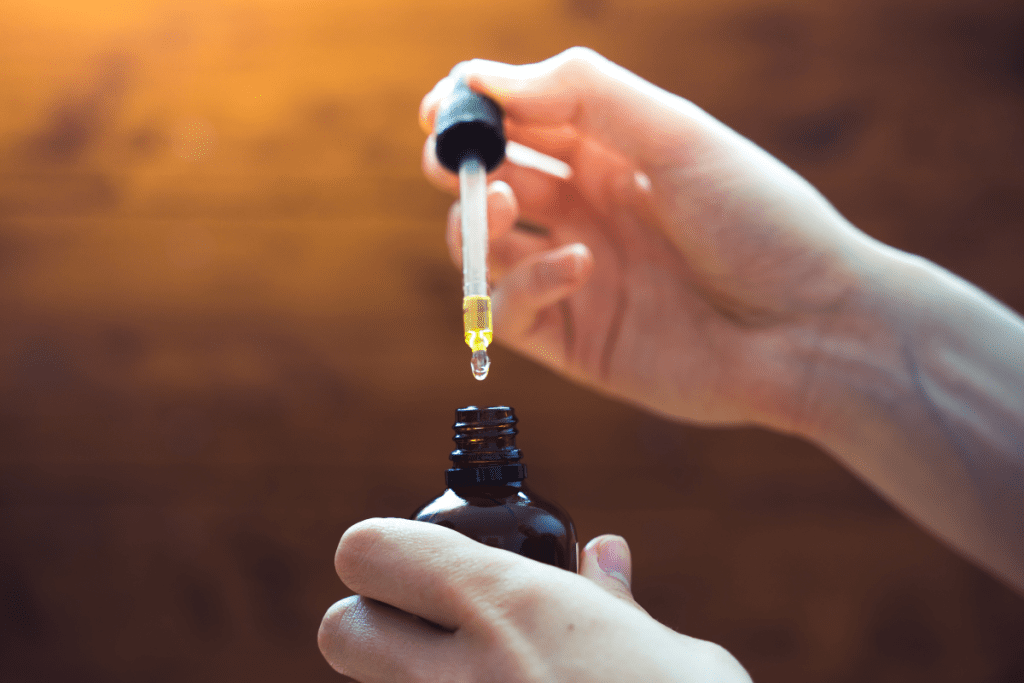
CBD can help athletes manage pain, reduce inflammation, and speed up recovery after intense workouts or injuries. Additionally, it may promote better sleep quality and alleviate performance-related anxiety, contributing to overall athletic well-being. CBD in Canada has gained significant popularity as a natural wellness option, providing Canadians with the potential benefits of CBD.
1. Pain Relief
It has gained attention for its potential to alleviate pain, making it particularly appealing to athletes who frequently experience muscle soreness, joint pain, and injuries due to rigorous training and competitions. Studies suggest that CBD interacts with the endocannabinoid system (ECS), which plays a crucial role in pain perception and inflammation regulation. By targeting ECS receptors, CBD may help reduce pain sensitivity and promote comfort during recovery periods.
2. Inflammation Reduction
Inflammation is a natural response to tissue damage and stress, but excessive inflammation can hinder recovery and impair athletic performance. CBD’s anti-inflammatory properties have sparked interest among athletes seeking natural remedies to combat inflammation. By modulating inflammatory responses in the body, CBD may accelerate recovery from injuries, reduce swelling, and promote overall tissue repair. This could translate to faster recovery times and improved performance on the field or court.
3. Stress and Anxiety Reduction
Competitive sports can be mentally demanding, often leading to pre-game jitters, performance anxiety, and stress. CBD’s anxiolytic (anxiety-reducing) effects have been studied extensively, with research suggesting that it may help alleviate symptoms of stress and anxiety without causing the sedative effects associated with traditional anti-anxiety medications. By interacting with neurotransmitter systems involved in mood regulation, such as serotonin receptors, CBD may promote a sense of calmness and focus, allowing athletes to perform at their best under pressure.
Also Refer to: The Endocannabinoid System: Unlocking the Secrets of CBD’s Interaction with our Bodies
Risks of CBD for Athletes
While CBD is generally well-tolerated, athletes should be aware of potential risks, including interactions with medications and variability in product quality and labeling. Additionally, regulatory ambiguity and the lack of standardized dosing guidelines underscore the importance of consulting healthcare professionals before incorporating CBD into their regimen.
1. Regulatory Uncertainty
While CBD is legal in many jurisdictions for general use, its status in the realm of sports remains a topic of debate. Athletes must navigate complex regulations and policies governing the use of CBD in their respective sports organizations. While some leagues and governing bodies have embraced CBD as a permissible substance, others maintain strict prohibitions against cannabinoids, including CBD. Athletes should familiarize themselves with the rules and regulations of their sport to avoid potential penalties or sanctions.
2. Quality Control Issues
The CBD market is largely unregulated, leading to concerns about product quality, consistency, and safety. Athletes must exercise caution when selecting CBD products, as inferior or contaminated products may pose health risks and compromise performance. Third-party testing and certification can help verify the potency and purity of CBD products, ensuring that athletes receive safe and effective supplements. Additionally, athletes should consult with healthcare professionals or sports medicine experts to determine the most appropriate CBD products and dosages for their individual needs.
Conclusion
CBD holds significant promise as a natural supplement for athletes seeking to optimize performance, support recovery, and enhance overall well-being. From pain relief and inflammation reduction to stress management and anxiety alleviation, CBD offers a multifaceted approach to addressing the physical and mental demands of athletic pursuits. However, athletes must remain vigilant about potential risks and regulatory considerations associated with CBD use in sports. By staying informed, exercising due diligence, and consulting with trusted healthcare professionals, athletes can harness the potential benefits of CBD while minimizing potential drawbacks. As research continues to unfold, CBD’s role in sports and athletic performance is likely to evolve, offering new insights and opportunities for athletes to unlock their full potential naturally.

